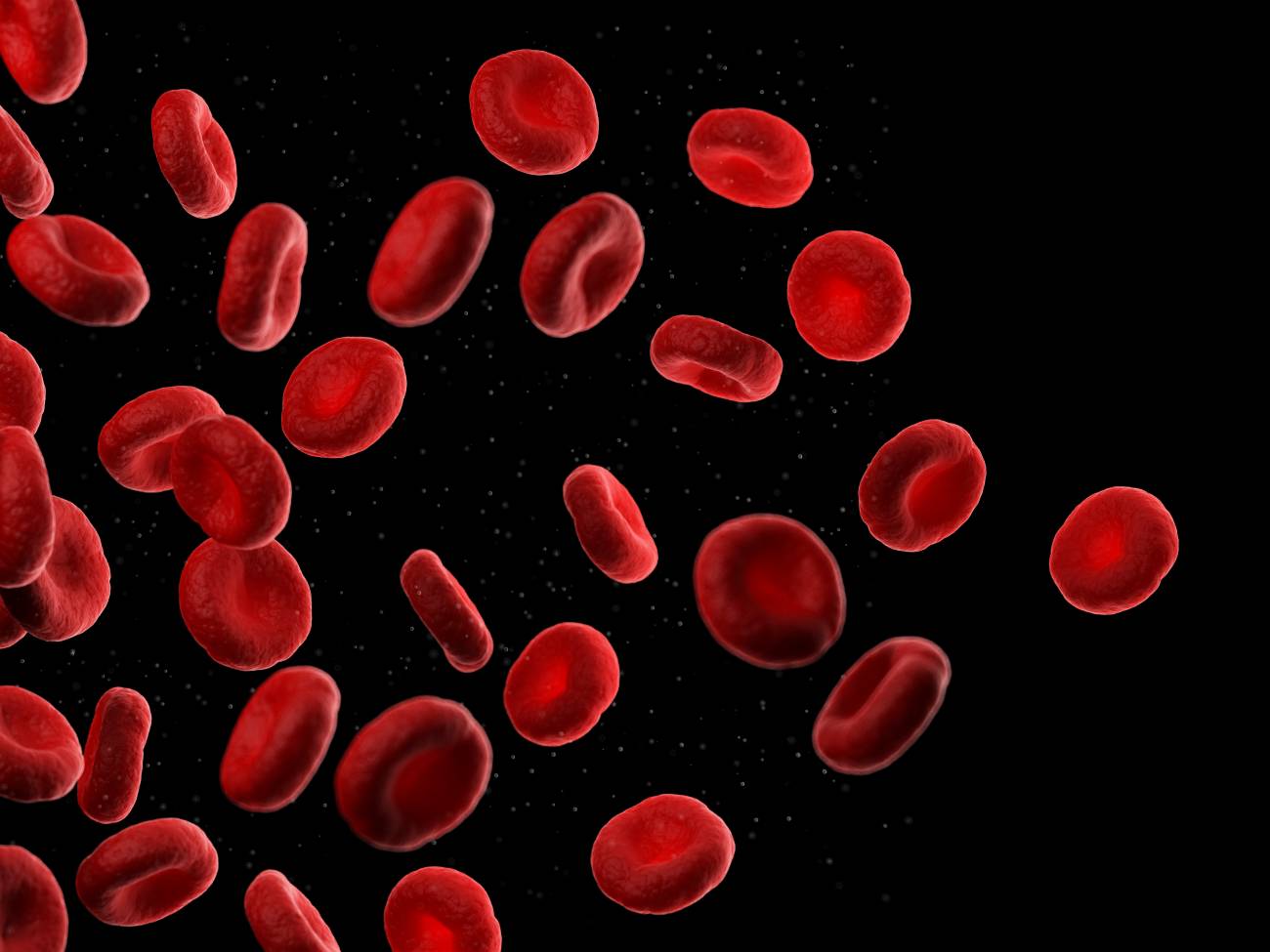Reactions: a ketogenic diet could improve the low platelet count caused by chemotherapy
A ketogenic diet, high in fat and low in carbohydrates, could increase platelet production and alleviate the low platelet counts caused by chemotherapy treatments. This is the finding of a small study published in the journal Science Translational Medicine.

Djouder - Cetonas (EN)
Nabil Djouder
Head of the Growth Factors, Nutrients and Cancer Group of the National Cancer Research Center (CNIO)
This is another interesting nice story pointing to the beneficial effects of ketogenic diet in disease treatment.
Here the authors demonstrate that ketogenic diet reduces thrombocytopenia, which is a severe complication in patients with cancer treated with chemotherapy, and can lead to limitations in the efficacy of chemotherapy and even to cease the treatment, affecting patient survival. Mechanistically, the authors demonstrate that the ketone body B-hydroxybutyrate changes the epigenetic profile of the blood cells to promote platelet formation.
The ketogenic diet has also been shown to have beneficial effects against several types of cancer and may have multiple beneficial effects in these patients, including alleviating chemotherapy-induced thrombocytopenia and possibly other adverse effects.
It is noteworthy to say that fasting, fasting-mimicking diets or calorie restriction might have similarities and similar mechanisms of action, since ketogenesis and production of ketone bodies has been observed in subjects following these diets. However, many patients may find prolonged fasting or calorie restriction difficult to maintain and to tolerate, due to diverse effects, such as fatigue, headache, nausea, constipation, hypoglycaemia and acidosis, therefore approaches that do not limit caloric intake like the ketogenic diet may be more useful in cancer therapy.
The ketogenic diet is cheap and very often well tolerated by patients, but it is important to establish personalized treatments for specific cancer types and patients. It is also essential identifying small molecules and therapeutic targets, such as B-hydroxybutyrate, to establish novel lines of treatment and circumvent needs for dietary interventions.
Marcos Malumbres - dieta keto EN
Marcos Malumbres
Head of the Cell Division and Cancer Group at the CNIO and visiting professor at the Dana Farber Cancer Institute at Harvard University (Boston)
This study employs a variety of techniques in live mice, along with molecular and cellular studies, to demonstrate that a low-carbohydrate, high-fat diet increases platelet generation. The biochemical data are very well analysed and the study is very comprehensive, with a variety of molecular technologies to link the ketogenic diet with circulating beta-hydroxybutyrate levels and the activation of megakaryocyte maturation and differentiation programmes to produce platelets. Likewise, the ketogenic diet is able to maintain high platelet levels in chemotherapy-treated mice in a well-controlled and analysed study, which adds therapeutic interest in various thrombocytopenia (low platelet count) conditions. Overall, it is important to note that the study describes specific activity in controlled trials that may have impact and utility, but does not claim to advocate ketogenic diets over other diets as a regular lifestyle, which requires long-term studies.
This work joins a trend in recent years to analyse the effect of nutritional interventions on multiple health parameters and even on the response to aggressive therapeutic treatments such as cancer chemotherapy. Ketogenic diets have been much discussed in recent years and have been shown to have some specific advantages in controlled situations. This study adds a new parameter not previously studied: the effect on platelet levels. The study shows that a ketogenic diet produces high levels of hydroxybutyrate. This compound is currently used as a nutritional supplement to gain muscle mass, among other things. The paper adds a new utility of this chemical compound to increase platelet levels. This increase is not necessary in most people, but may be very relevant for certain types of diseases, as well as in chemotherapy treatments that often result in thrombocytopenia (poor platelet count).
Trials in mice and humans have examined the effect of the ketogenic diet in the short term. In these trials, the diet decreases body weight, increases ketone bodies in the blood, and results in an increase in circulating platelets. It is perhaps difficult to predict longer-term effects, as it has been reported in humans that ketogenic diets can lead to long-term weight gain. It is also unclear whether there are data to support that hydroxybutyrate supplementation, to what extent and under what nutritional conditions, could improve platelet counts. On the other hand, the data analysing the effect of the ketogenic diet in response to chemotherapy are retrospective, and although statistical differences were found showing higher platelet counts in patients on the ketogenic diet, this part of the work has important limitations in the number of patients and the lack of control for various parameters that are difficult to analyse in these retrospective studies. Undoubtedly, the published data suggest the need for such controlled studies in people on either ketogenic diet or hydroxybutyrate supplementation.
Alejo Efeyan - dieta keto EN
Alejo Efeyan
Head of the Metabolism and Cell Signalling Group at the CNIO
The beneficial effects of different regimes of dietary restriction keep gaining momentum, as preclinical work keep showing that such interventions delaye tumour growth, improve anti-tumour immunity, and exert protection of normal, non-tumoral cells in the host. In general, this anti-cancer therapeutic angle is still in an early phase of development partially because of the preclinical nature of most findings, and partially because we still ignore the underlying molecular mechanisms, in other words, we still do not know how and why this benefit occurs.
This paper is interesting because it employs mouse genetics, metabolic analysis and patient data to tease out one of the protective mechanisms that governs the beneficial effects on normal cells. The main finding is that elevated ketone bodies (the energy source for our cells when we fast, or when we eat a ketogenic, low carbohydrate diet) has positive effects on the production of platelets. Because one of the negative consequences of chemotherapy to normal cells is a serious suppression of platelet formation, such boost in platelet formation could increase patients’ tolerance to chemotherapy, and prevent or minimize the side effect of a low-platelet count in cancer patients. Another interesting finding is that supplementation of a ketone body, or a ketogenic diet, could exert the same effect without the need of subjecting a patient to such challenging dietary intervention. This is particularly relevant for cancer patients that tend to lose weight as a side effect of the medication or the tumour itself. Another aspect to bear in mind, is that ketone bodies help increase the number of platelets, but do not impact anemia or lymphocytopenia, other side effects of chemotherapy, but this selective effect does not undermine the value of the work. The clinical observation, as stated by the authors, are preliminary, but calls for further investigation on a very interesting and clinical relevant observation.
Sisi Xie et al.
- Research article
- Peer reviewed
- Experimental study
- People
- Animals



